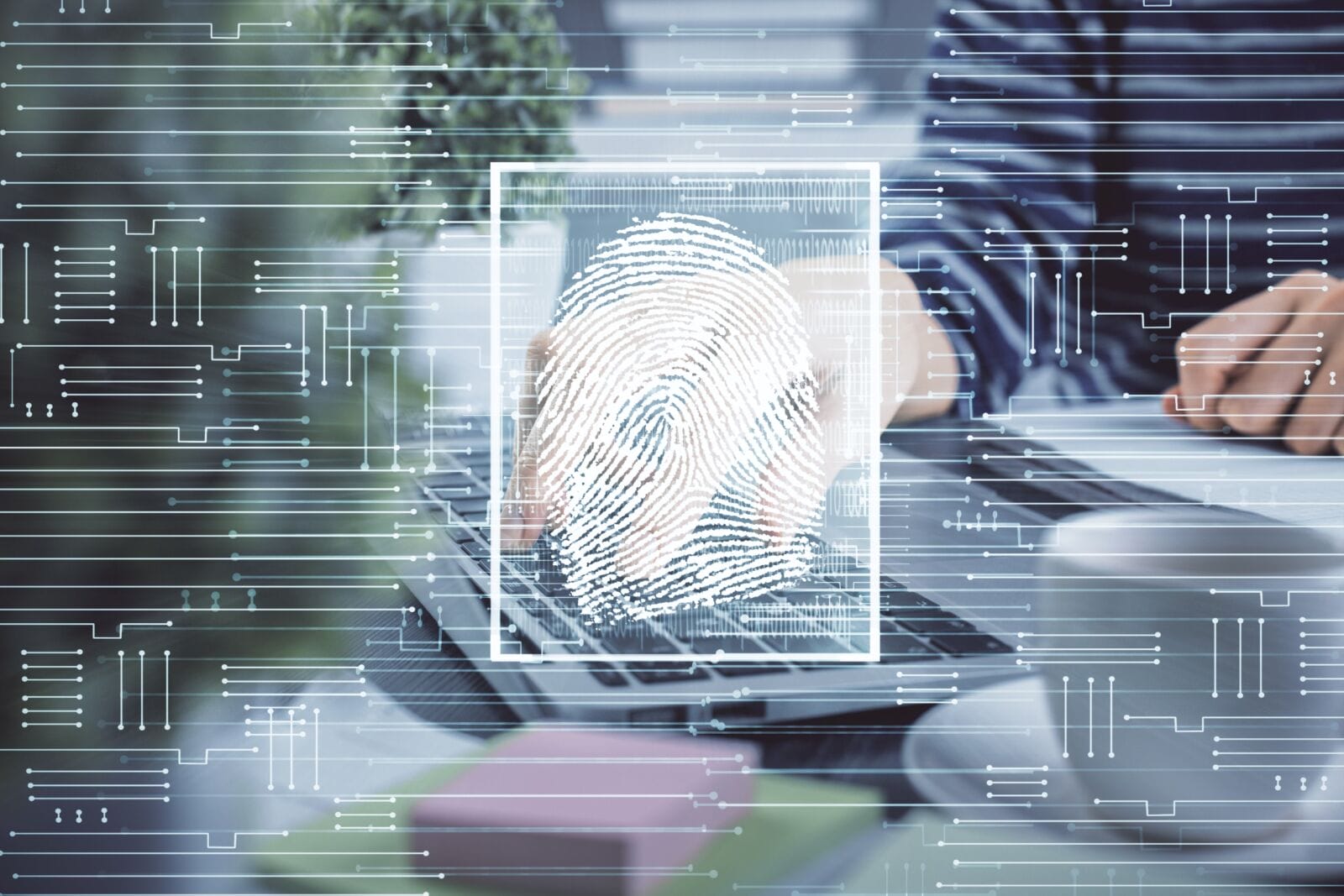In an increasingly digital world, the need for secure and reliable identity verification services has never been more critical. With the explosion of online services—from banking and e-commerce to social media and remote work—ensuring that users are who they claim to be is essential for preventing fraud, protecting sensitive information, and maintaining trust in digital platforms. This growing demand has given rise to a new wave of identity verification services and startups that are transforming how businesses and individuals interact online.
The Growing Demand for Identity Verification
As more transactions and interactions move online, the risk of identity theft, fraud, and unauthorized access has escalated. According to a report by the Federal Trade Commission (FTC), identity theft cases surged by 113% from 2019 to 2020, largely driven by the increase in digital activity. This surge has led to a growing need for robust identity verification solutions that can help businesses protect themselves and their customers.
Industries such as finance, healthcare, and e-commerce are particularly vulnerable to identity fraud. Regulatory requirements like Know Your Customer (KYC), Anti-Money Laundering (AML), and the General Data Protection Regulation (GDPR) mandate that organizations implement stringent identity verification processes to prevent fraud and ensure compliance. As a result, companies are increasingly turning to specialized identity verification services to meet these needs.
What Identity Verification Services Offer
Identity verification services provide businesses with the tools and technologies necessary to authenticate the identities of their users. These services typically offer a range of verification methods, including:
- Document Verification: Scanning and validating government-issued IDs, such as passports, driver’s licenses, and national identity cards, to confirm the user’s identity.
- Biometric Verification: Using facial recognition, fingerprints, or other biometric data to verify that the person submitting the ID is the rightful owner.
- Liveness Detection: Ensuring that the person being verified is physically present and not using a photo or video of someone else.
- Database Checks: Cross-referencing user information with official databases to verify identity and detect any discrepancies.
- Address Verification: Verifying the user’s address through utility bills, bank statements, or other official documents.
- Continuous Monitoring: Ongoing monitoring of user behavior and transactions to detect and prevent fraudulent activity.
These services are designed to be integrated into a company’s existing systems, providing a seamless user experience while maintaining the highest levels of security.
Startups Leading the Way
The identity verification market has seen a surge in innovative startups that are developing cutting-edge technologies to meet the growing demand. These startups are leveraging advancements in artificial intelligence (AI), machine learning, and blockchain to offer more secure, efficient, and user-friendly verification solutions. Here are a few notable players:
- Jumio: Jumio is a leading identity verification startup that uses AI-powered solutions to verify identities in real-time. Their technology is widely used in industries such as banking, fintech, and travel, offering services like document verification, biometric authentication, and liveness detection.
- Onfido: Onfido is another major player in the identity verification space, providing a range of verification services that combine AI with human oversight. Their platform is used by companies across various sectors, including finance, healthcare, and e-commerce, to verify identities and ensure compliance with regulatory standards.
- Trulioo: Trulioo offers a global identity verification platform that enables businesses to verify the identities of individuals and businesses across more than 195 countries. Their services include electronic identity verification, document verification, and AML compliance.
- Socure: Socure specializes in identity verification and fraud prevention, using AI and machine learning to deliver highly accurate results. Their platform is particularly popular in the financial services industry, where preventing fraud is paramount.
- Authenteq: Authenteq is a blockchain-based identity verification startup that allows users to create a self-sovereign digital identity. This identity can be used for secure and private interactions online, without the need to share personal information with third parties.
The Role of Technology in Identity Verification
The rise of these startups is largely driven by advancements in technology that have made identity verification faster, more accurate, and more secure. Some of the key technologies shaping the future of identity verification include:
- Artificial Intelligence and Machine Learning: AI and machine learning algorithms are used to analyze and verify documents, detect fraud patterns, and continuously improve the accuracy of verification processes. These technologies enable real-time verification and reduce the need for manual intervention.
- Biometrics: Biometrics, such as facial recognition and fingerprints, provide a highly secure and convenient method of identity verification. Advances in biometric technology have made it possible to verify identities with a high degree of accuracy, even in challenging conditions.
- Blockchain: Blockchain technology offers a decentralized and tamper-proof way to store and verify identities. Startups like Authenteq are leveraging blockchain to create digital identities that are secure, private, and controlled by the user.
- Liveness Detection: Liveness detection ensures that the person being verified is physically present and not using a static image or video. This technology is crucial for preventing spoofing attacks and ensuring the integrity of biometric verification.
- Cloud Computing: Cloud-based identity verification solutions allow businesses to scale their verification processes quickly and efficiently. Cloud technology also enables real-time updates and integration with other digital services.
Challenges and Opportunities
While the growth of identity verification services and startups presents numerous opportunities, there are also challenges to be addressed. One of the primary challenges is balancing security with user experience. Businesses must ensure that their verification processes are secure without being overly intrusive or time-consuming, which could lead to user dissatisfaction and drop-offs.
Another challenge is the global nature of identity verification. Different countries have different regulations, data protection laws, and types of identification documents. Startups operating in this space must navigate these complexities to provide effective and compliant verification services on a global scale.
Despite these challenges, the future of identity verification is bright. As digital interactions continue to increase, the demand for secure and reliable identity verification will only grow. Startups that can innovate and adapt to changing technologies and regulations will be well-positioned to succeed in this rapidly evolving market.
Conclusion
The rise of identity verification services and startups is a testament to the growing importance of securing digital identities in today’s interconnected world. By leveraging advanced technologies like AI, biometrics, and blockchain, these startups are providing businesses with the tools they need to verify identities, prevent fraud, and comply with regulations. As the digital landscape continues to evolve, identity verification will remain a crucial component of maintaining trust and security online.




